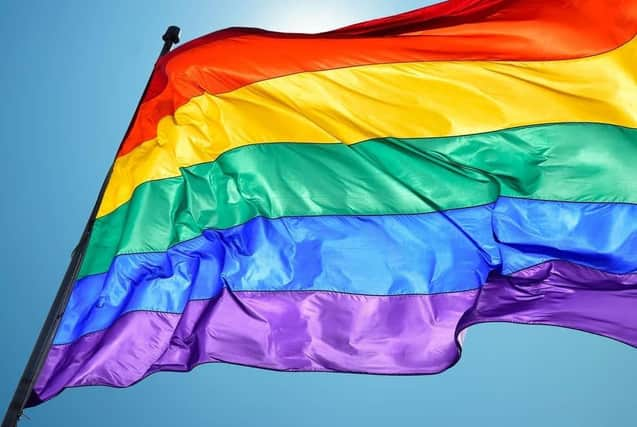Scottish Government ‘reflecting’ on concerns over conversion therapy ban


The Scottish Government has said it will “reflect” on concerns that have been raised about the impact on family life of its controversial plans to ban “conversion therapy”.
Officials said they recognised critics had raised fears parents could be criminalised under the proposals.
Advertisement
Hide AdAdvertisement
Hide AdIt comes after ministers published plans to ban conversion therapy as part of a consultation.
The proposals include introducing new laws to criminalise the practice, which sees people attempt to change or suppress the gender identity or sexual orientation of another person.
The move has sparked concern among some, with the Catholic Church in Scotland warning the law could create a “chilling effect”.
Writing on social media, Roddy Dunlop KC, Dean of the Faculty of Advocates, said the definition of conversion practices set out in the document was not “legally coherent”.
In a briefing for journalists, a Scottish Government spokeswoman was asked if she recognised there is a risk the parent-child relationship could be disrupted and parents prosecuted.
She said: “I recognise the concern that’s being expressed, and we’re reflecting. Our current analysis is that the provisions don’t bring in a serious risk of that, but I’m listening to the concerns that are being expressed by people who are bringing those concerns.”
She said the intention was not to deal with “normal, regular, parent-child dynamics, but to get into conduct that is abusive and harmful”.
The consultation, published last week, said proposed new criminal offences would address "the most serious and harmful forms of conversion practices”, with jail sentences of up to seven years for the worst offenders. The laws would partly target “coercive” behaviour.
Advertisement
Hide AdAdvertisement
Hide AdThe document said this should include “controlling” behaviour – that is, actions that “regulate, restrict, or monitor a person’s behaviour or otherwise deprive them of their own freedom of action”. It gives the example of “preventing someone from dressing in a way that reflects their sexual orientation or gender identity”.
There are concerns this risks criminalising parents who do not let their child dress as the opposite gender, or who do not let them take puberty blockers, for example.
Speaking to journalists, the Scottish Government spokeswoman said: "The intention is only to address acts that are harmful and abusive and coercive. It’s not intended to address parental advice, discussion, day-to-day parental controls. We are intending to address acts that are in the more abusive space. But we’re going to reflect on all the feedback that’s received as part of the consultation process.”
Under the plans, prosecutors would have to prove anyone engaging in conversion practices intended to change a person’s sexual orientation or gender identity and that the practices or services caused physical or psychological harm to the victim.
The spokeswoman said the Government is “switching into listening mode” after launching the consultation, adding: “We’re doing everything we can to listen.”
She said: “Ministers will take the decision, ultimately, about what is in the Bill. At the moment it’s very early days – we’ve only published [the consultation] ten days ago.”
Asked to respond to Mr Dunlop’s comments, the spokeswoman said the Scottish Government had its own “internal processes for considering the development of legislation, and our proposals are informed by an appropriate analysis of legal considerations”.
She added: “But the legal community is one of the important stakeholder groups that we will be engaging with other the next three months.”
The consultation will close on April 2.
